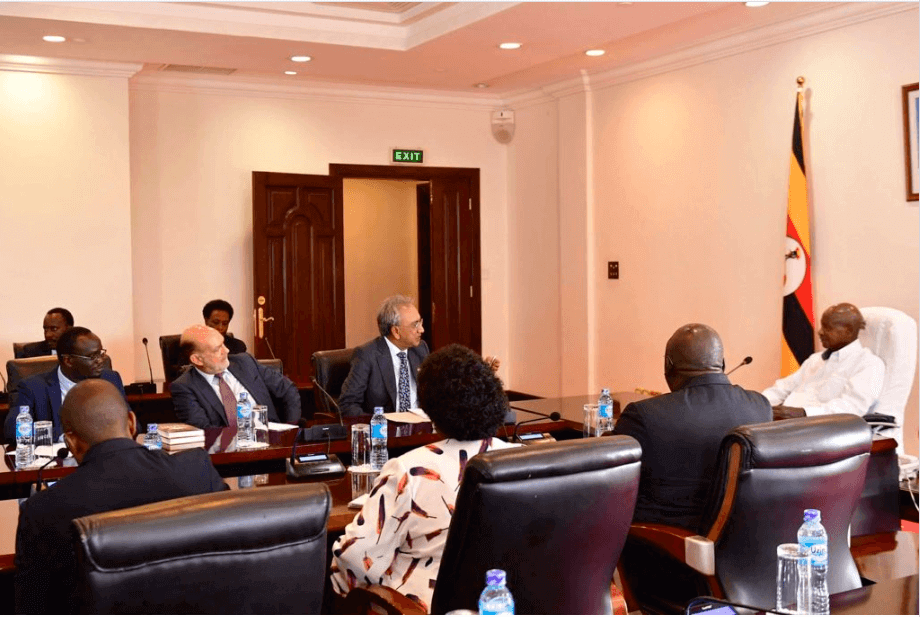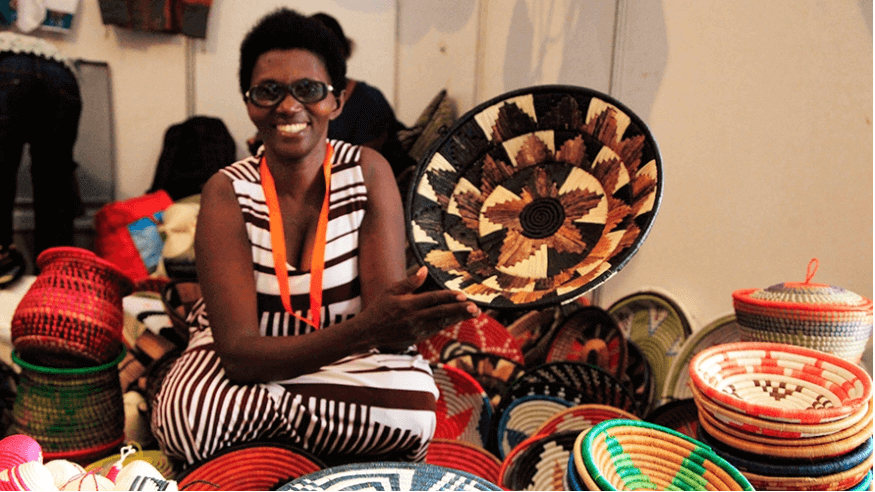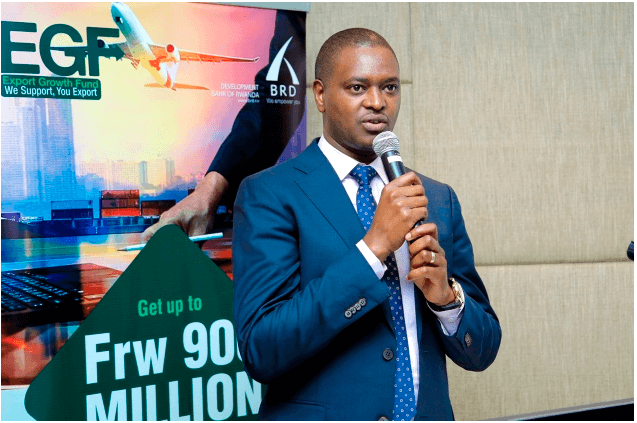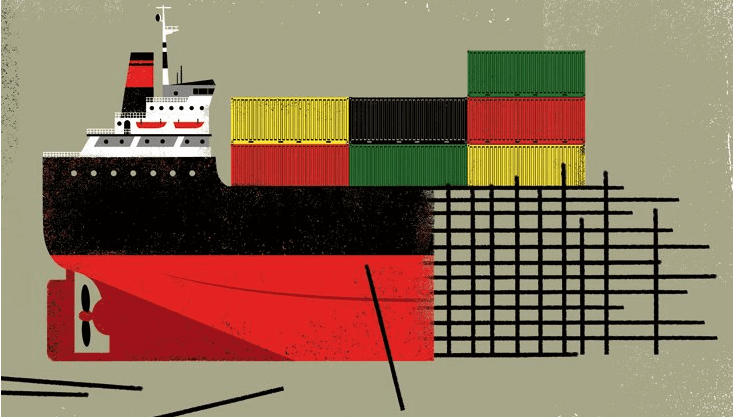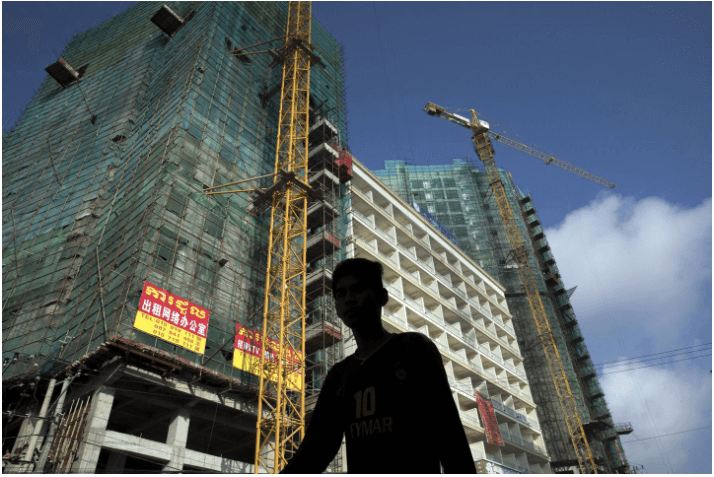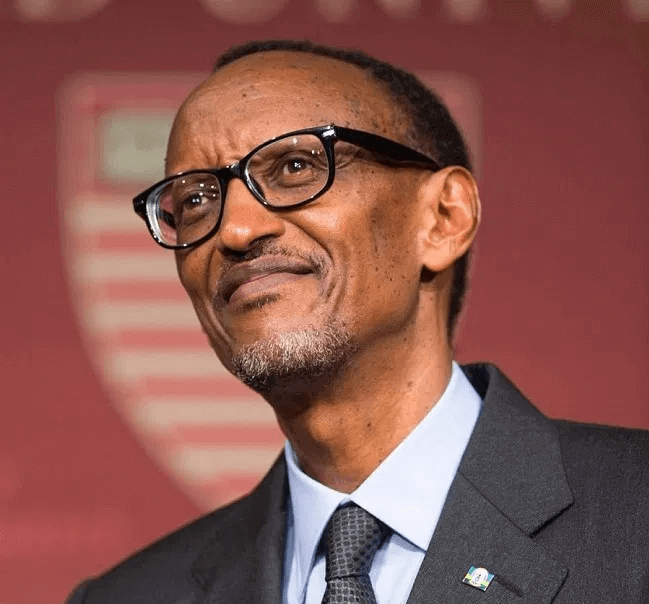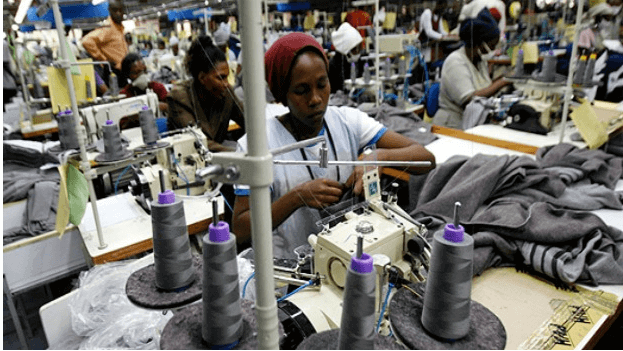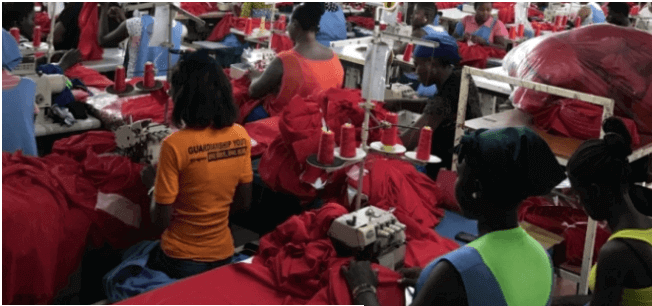Uganda’s President Yoweri Museveni has received and held a meeting with the United Kingdom Prime Minister’s Trade Envoy to Uganda and Rwanda, Lord Dolar Popat, who called on him yesterday at State House, Entebbe. Mr. Museveni and his guest who was accompanied by the British High Commissioner to Uganda Mr. Peter West discussed issues related to investments and economic development between Uganda and Britain especially in the sector of agriculture in which, they noted, Uganda has great potential. Museveni informed Lord Popat that Uganda has gone the extra mile in churning out large quantities of agricultural and dairy products but the challenge is the low prices on the internal market. He added that the immediate solution to this challenge is to process them and add value to them for export markets. “Our farmers and processors of agricultural produce should adapt to the competitive world so that they are not eliminated in marketing,” Museveni stressed. Lord Popat and High Commissioner Peter West said that all that is required is for the produce from Uganda to meet both the European Union and United Kingdom uniform standard that pertains to food and beverage importation to Europe. Lord Popat commended Museveni for steering a fast, steady and progressive national economy in Uganda. Source: KMA News Agency
Museveni receives UK Premier’s trade envoy to Uganda, Rwanda
Posted on: November 4, 2019
Posted on: November 4, 2019

